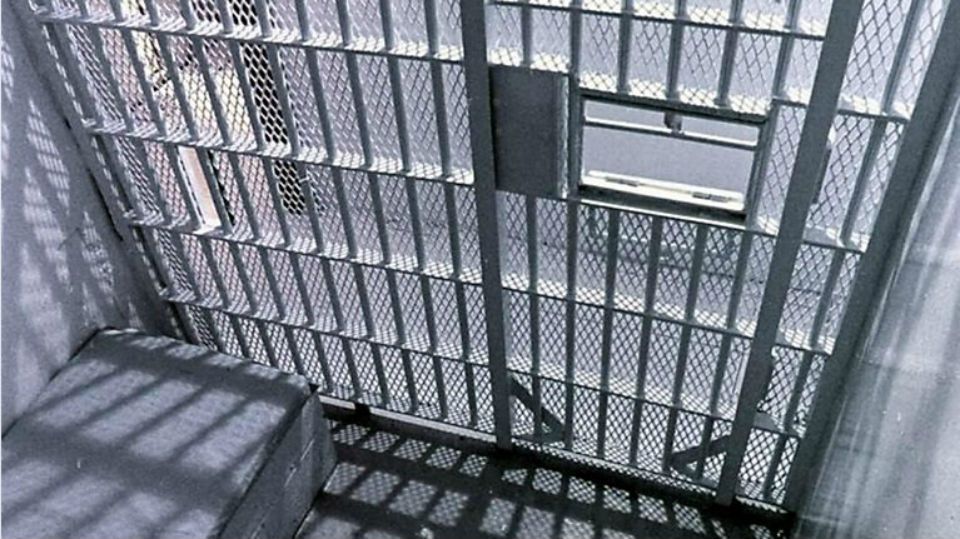The law ending cash bail for misdemeanors and non-violent felonies could be in for an overhaul in the state budget.
The measure, over less than a year, has stirred controversy as people have been released from police custody after being arrested, and Republicans and law enforcement officials have raised concerns with how the measure is being implemented.
Supporters of the law say it's intended to end an imbalance in the criminal justice system that keeps poor people who have not been convicted in jail, while people with money are allowed to walk free.
Still, public perception of the law has changed over the last year, a Siena College poll this week found, as a majority of New Yorkers say it's "bad" for the state.
Here are five questions on the latest with cash bail in Albany:
1. What are Democrats in the legislature doing?
Democrats control both the state Senate and Assembly, so they will be ultimately shaping whatever legislation, if any, is used to alter the law. Key Democrats in the state Senate this week have huddled with members of law enforcement and district attorneys, including members of the Sheriff's Association and NYPD Commissioner Dermot Shea, to discuss the cash bail law.
Those meetings have included backers of the measure like Sen. Jamaal Bailey as well as those who have been supportive of changes, like Sen. Todd Kaminsky. Presiding over them has been Senate Majority Leader Andrea Stewart-Cousins.
Senate Democrats have also been meeting with criminal justice advocates who had pushed for the change. In the Assembly, like in the state Senate, some Democrats there who represent moderate swing districts have introduced legislation that would allow for judicial discretion in determining whether a person should be released or is too dangerous.
Assembly Speaker Carl Heastie wants to keep the law as it is, decrying what he says is fear mongering surrounding the law.
2. What is the debate about judicial discretion?
The lawmakers who want changes to the law want to empower judges to have some overriding say in determining whether a person can be set free. It would be a fail safe of sorts if a person is issued an appearance ticket and then commits another crime while awaiting trial.
But there is an argument against judicial discretion. The concern, raised by advocates and some Democratic lawmakers, is that it would disproportionately hurt defendants of color who would be negatively affected by racial bias, while white defendants would be allowed to go free.
An alternative is a points system that a judge would use to make the determination that, in theory, is meant to remove bias from the decision-making process.
3. What other changes are being sought?
A pair of lawmakers, Republican Sen. Sue Serino and Democratic Assemblywoman Carrie Woerner, want to exempt domestic violence charges from the law. They point to the need for a "cooling off" period in cases of intimate partner abuse as well as the need to protect survivors an victims.
There are have also been calls to give local pre-trial services more money to keep track of people who are awaiting trial. These services include drug treatment programs and making sure defendants attend their trials, a system that could groan under the weight of more people being shifted there.
4. What's Gov. Cuomo saying about this?
The governor has been increasingly open to making changes, saying on Thursday he was "100 percent" in favor of doing so. Cuomo so far has not endorsed any specific changes to the law, which he has also said is broadly necessary to correct injustices.
At the same time, he's indicated a need to address the "unintended consequences" of the change. It's likely any measures could be taken up in the state budget by the end of March and Cuomo signaled as such when he mentioned the issue while unveiling his spending plan.
5. Are the politics of this difficult?
Yes, very much so. Democrats in the state Senate in suburban districts don't want to lose re-election later this year due to this issue and the first-term majority knows this. In the Assembly, Democrats have an overwhelming majority, but are still mindful of marginal members upstate and in the suburbs.
On the other end of this is a criminal justice advocacy community that has for years pushed changes to a system it considers systemically racist and discriminatory toward low-income people. The changes approved last year were spurred in part by the conditions at Rikers Island, where Kalief Browder spent months awaiting trial and later died by suicide.
Democrats are facing two pressures, broadly speaking, depending on where they represent. One in the form of general election Republicans, and on the other side of the political spectrum, from progressives who want to see lasting, enduring change.



